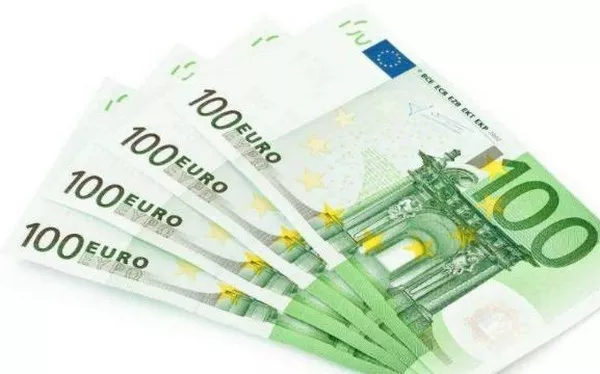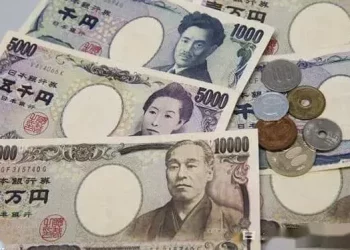The ECB, or the European Central Bank, is a pivotal institution in the European Union’s financial landscape. Established in 1998, it plays a crucial role in shaping the economic and monetary policies of the Eurozone, which comprises 19 of the 27 EU member states. This article aims to provide a detailed insight into the ECB, its functions, and its significance in the global financial system.
The ECB: A Brief Introduction
The ECB is the central bank of the Eurozone, responsible for maintaining price stability and ensuring the smooth operation of the Euro currency. It operates independently of political influence and is headquartered in Frankfurt, Germany. The Eurozone, often referred to as the Euro area, represents a group of countries that share the Euro as their common currency.
Functions of the ECB
1. Monetary Policy
One of the primary functions of the ECB is to formulate and implement monetary policy. It does this through the control of interest rates, open market operations, and various policy instruments. The primary goal of the ECB’s monetary policy is to maintain price stability, which is commonly defined as an inflation rate close to but below 2% over the medium term. By controlling inflation, the ECB aims to ensure the purchasing power of the Euro remains stable.
2. Bank Supervision
The ECB also plays a critical role in banking supervision within the Eurozone. In 2014, the Single Supervisory Mechanism (SSM) was established, granting the ECB authority over the largest banks in the Euro area. This supervisory role is crucial for maintaining financial stability and preventing banking crises.
3. Currency Issuance
As the central bank of the Eurozone, the ECB is responsible for issuing Euro banknotes. These banknotes are then distributed to national central banks, which circulate them in their respective countries. This ensures the uniformity and security of Euro banknotes throughout the Euro area.
4. Foreign Exchange Reserves
The ECB manages the foreign exchange reserves of the Eurosystem, which includes the ECB and the national central banks of Eurozone countries. These reserves are held to support the stability of the Euro and to facilitate international trade and financial transactions.
Governing Bodies of the ECB
1. The Governing Council
The Governing Council is the highest decision-making body of the ECB and consists of six members of the Executive Board and the governors of the national central banks of the Eurozone countries. This council meets regularly to discuss and decide on monetary policy matters.
2. The Executive Board
The Executive Board of the ECB consists of the President, the Vice-President, and four other members. They are appointed for non-renewable terms of eight years and are responsible for the day-to-day operations of the ECB. The President and Vice-President serve five-year terms and can be reappointed once.
Challenges and Criticisms
While the ECB plays a crucial role in maintaining the stability of the Eurozone, it has faced its fair share of challenges and criticisms.
1. Political Pressure
Maintaining the ECB’s independence from political influence is a constant challenge. Political leaders and governments often seek to influence monetary policy decisions, which can undermine the central bank’s ability to pursue its primary objective of price stability.
2. Economic Divergence
The Eurozone includes countries with varying economic conditions and levels of development. This diversity poses challenges for the ECB when implementing a one-size-fits-all monetary policy. What may be appropriate for one member state may not be suitable for another, leading to economic imbalances.
3. Crisis Management
The ECB has been at the forefront of managing financial crises within the Eurozone, such as the sovereign debt crisis that affected countries like Greece, Italy, and Spain. Critics argue that the ECB’s responses during these crises favored austerity measures that had adverse effects on economic growth and employment.
Conclusion
The ECB, or the European Central Bank, is a pivotal institution in the Eurozone, responsible for maintaining price stability and ensuring the smooth operation of the Euro currency. It plays a significant role in the global financial system, with the Euro being one of the world’s major reserve currencies.
While the ECB faces challenges and criticisms, its role in safeguarding the stability of the Eurozone’s financial system cannot be overstated. As Europe continues to navigate economic and financial complexities, the ECB remains a key institution in shaping the continent’s monetary and economic landscape. Understanding its functions and importance is essential for anyone interested in European finance and economics.
Related Topics:

























